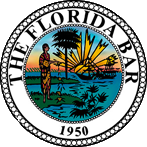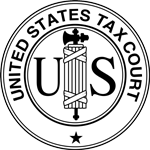- Free Consultation: (772) 418-0949 Tap Here to Call Us
What Should I Do If I Receive an IRS Notice?

Just seeing a notice from the IRS in your mailbox can often evoke a wide range of internal responses from somewhere between concern and outright panic. Even though it feels natural for these types of reactions to occur, they are not always warranted. Each year the IRS sends millions of notices to taxpayers across the country, so you are not alone in seeing a notice appear in your mailbox. Here are some suggested steps to follow once you have received an IRS notice and if you are still concerned, contact a tax attorney-CPA for further assistance with dealing with the notice.
First, relax and breathe easily. It is tough to address any situation while under the duress of panic. Please do so if you need to step back for a minute before opening the IRS notice. Panic will only prevent you from thinking clearly and won’t help you resolve the situation. Once you feel calmer, proceed.
Please remember that the IRS sends notices for various reasons, ranging from a simple notification that your account needs additional information to a request for payment of back taxes. For example, during the Covid pandemic, the IRS sent notices to inform taxpayers of Economic Stimulus Payments to go out, which was helpful information. Just because you receive an IRS notice doesn’t mean a financial burden is heading your way.
So please do not disregard the notice; that will only compound the matter.
When you open the notice, please read the notice very carefully. Be sure to look for the notice’s specific instructions indicating how you can satisfy the inquiry. Also, please note the time the notice allows for the response. Sometimes, not responding by the deadline prevents certain defenses and appeals from being utilized. Also, if you need help from a tax professional, providing this information as soon as possible allows for proper and timely responses
If you find it is a correction notice, review the information contained compared to the information with your return. If you agree with the correction, there generally is no need to reply unless a payment is due. If you disagree, respond and explain the basis of the disagreement. In addition, be sure to include any supporting information or documents you believe are pertinent to this tax issue.
Just remember you are not alone. For answers to your questions, you can either reach out to the IRS by calling one of their offices for answers or contact a knowledgeable tax resolution firm.
At Harmon Tax Resolution, LLC, a knowledgeable, experienced tax attorney-CPA- IRS EA will provide guidance on properly addressing your IRS notice. Call today at 772-418-0949, or visit www.harmonassociates.net.











